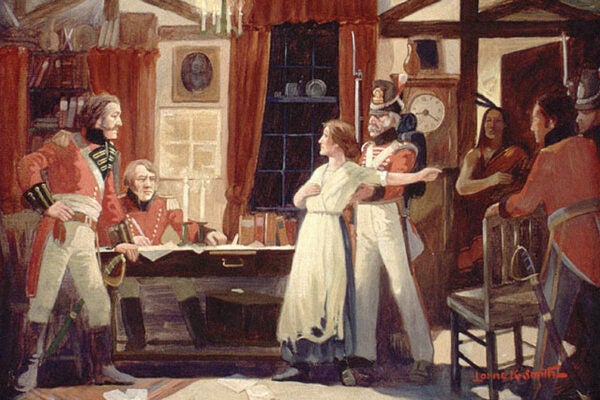Historians often identify the Mughal Empire, which controlled much of South Asia starting in the sixteenth century, as the most tolerant, multicultural state of its time. By many accounts, this was a matter of necessity: the empire’s Muslim leaders couldn’t forcibly convert the region’s Hindus and other non-Muslims, so it had to live with them. But historian Rajeev Kinra argues that the policy of sulh-i kull, usually translated as “peace with all,” was much more than a political tactic. It was a principle of statecraft, a means of rational inquiry into religious and philosophical matters, and even a path to spiritual growth.
Kinra writes that the policy of sulh-i kull, instituted by Emperor Jalal al-Din Muhammad Akbar with the support of his courtier Abu al-Fazl ibn Mubarak, often referred to the general idea of impartiality in governance. The Mughal leaders were very concerned with addressing all sorts of intergroup conflicts: Between Sunnis and Shias, Brahmins and Jains, and Turks and Persians, for example. A leader had to avoid even the appearance of favoring his own group over others.
“Sulh” had connotations beyond mere “peace.” In early Islamic jurisprudence, it could refer to amicable and morally upright reconciliation among different parties and also connoted support for the public good.
Kinra writes that another layer in the meaning of sulh-i kull involved intellectual debate. One concrete manifestation of this idea was the establishment of the ibādat-khāna, or “House of Faith,” in 1575 as a place for debate and dialogue. Initially, it was intended for people from different Muslim sects to discuss theological and legal matters, but it later came to include Hindus, Jains, Christians, Zoroastrians, and others. Akbar himself was the ultimate arbitrator in these conversations, and he emphasized the need to find the truth through reason rather than depending on texts or traditions.
In a letter offering advice to Sha ‘Abbas I, the young leader of Persia’s Safavid Empire, Akbar wrote that
the position of every sect (har tā’ifa) comes under one of two categories. Either it is in possession of Truth (haqq), and in that case one should seek direction from it and accept its views. Or it is in the wrong, and then it is unfortunate and suffering from the disease of ignorance, and is a subject for pitying kindness, and not for harshness and reproach.
Even beyond the search for philosophical or legal truth, Abu al Fazl and his contemporaries sometimes connected sulh-i kull to inner spiritual development, identifying openness to diverse views as a stage on the way to a universal love that transcends differences entirely.
Kinra suggests that, far from the frequent stereotype of Muslims standing in opposition to tolerance and diversity, some Muslims were embracing these values long before the European Enlightenment. In fact, European visitors in the seventeenth century were often deeply impressed by the Mughal approaches to these matters and brought them back as contributions to debates in their own countries about pluralism and the use of reason to search for truth.
Teaching Tips
- Incorporate passages from the Akbarnāma, the official chronicle written by Abu al Fazl of Akbar’s reign, in class discussion. Volume 3 (of three), known as the Ā’īn-i-Akbarī, holds the letter to Sha ‘Abbas I mentioned above, as well as descriptions of Akbar’s administration and household. (Various editions of the Akbarnāma exist; the most recent is a 2015 edition from Harvard University Press, edited by Wheeler M. Thackston.
- Analyze how conceptions of Akbar’s approach to governance have evolved with Iqtidar Alam Khan’s “Tracing Sources of Principles of Mughal Governance: A Critique of Recent Historiography”
- Consider the material traces of imperial policy with Syed Ali Nadeem Rezavi’s “Locating Akbar’s ’Ibādatkhāna at Fathpur Sikri,” an accounting of archaeological work driven by passages in the Akbarnāma.







